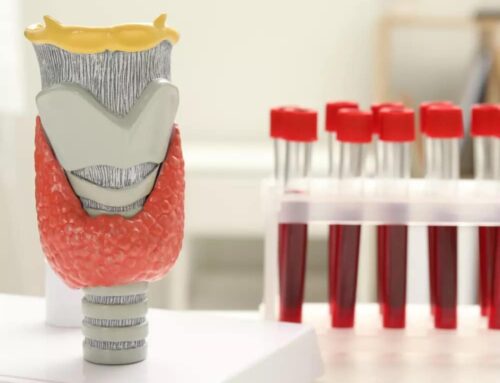Gastrointestinal (GI) health plays a pivotal role in your overall well-being, affecting not only your digestive system but also your immune function, mood, and overall quality of life. Yet, many people underestimate the significance of a healthy gut. In this blog, we’ll explore the vital connection between gastrointestinal health and your overall well-being, highlighting the importance of taking care of your digestive system.
The Gut-Body Connection
Your gastrointestinal tract, often referred to as the gut, is responsible for processing and absorbing nutrients from the food you eat. However, its role extends beyond digestion. The gut houses trillions of microorganisms known as the gut microbiota, which have a profound impact on various aspects of your health.
Key Aspects of Gastrointestinal Health
- Nutrient Absorption: A healthy gut efficiently absorbs essential nutrients, vitamins, and minerals from your diet, ensuring your body receives the fuel it needs for optimal functioning.
- Immune Function: The gut plays a crucial role in your immune system. A well-balanced gut microbiota helps defend against pathogens and supports a strong immune response.
- Mood and Brain Health: The gut-brain connection is a bidirectional pathway, meaning that your gut health can influence your mood and mental well-being. A healthy gut microbiota may help regulate mood and reduce the risk of mental health issues.
- Inflammation Control: An unhealthy gut can lead to chronic inflammation, which is linked to various diseases, including autoimmune disorders, obesity, and cardiovascular problems.
- Digestive Comfort: Maintaining a healthy gut is essential for preventing digestive discomfort, including bloating, gas, constipation, and diarrhea.
Ways to Promote Gastrointestinal Health
- Dietary Choices: Consume a balanced diet rich in fiber, fruits, vegetables, and whole grains. These foods support a diverse gut microbiota and promote digestive health.
- Probiotics: Consider incorporating probiotic-rich foods like yogurt, kefir, sauerkraut, and kimchi into your diet. Probiotics introduce beneficial bacteria to your gut.
- Prebiotics: Prebiotic-rich foods like garlic, onions, asparagus, and bananas provide nourishment for beneficial gut bacteria, helping them thrive.
- Hydration: Drinking enough water is crucial for maintaining proper digestion and preventing constipation.
- Stress Management: High-stress levels can negatively impact your gut health. Practice stress-reduction techniques such as mindfulness, meditation, and yoga.
- Regular Physical Activity: Exercise can support healthy digestion and promote overall well-being.
- Adequate Sleep: Prioritize quality sleep to allow your body to repair and rejuvenate, including your gut.
Seeking Professional Guidance
If you experience persistent digestive issues, it’s essential to consult with a healthcare professional, such as a gastroenterologist. They can evaluate your symptoms, perform necessary tests, and develop a treatment plan tailored to your specific needs.
Gastrointestinal health is intricately linked to your overall well-being. Taking care of your gut through a balanced diet, probiotics, stress management, and other strategies can have a profound impact on your digestive comfort, immune function, mood, and inflammation control. Prioritizing your gut health is a proactive step toward promoting a healthier and happier life. Remember that a healthy gut contributes not only to your physical well-being but also to your mental and emotional vitality.
Prioritize Your Wellness! Contact Peak Wellness for Expert Guidance on Gastrointestinal Health. Invest in Your Well-being Today!








